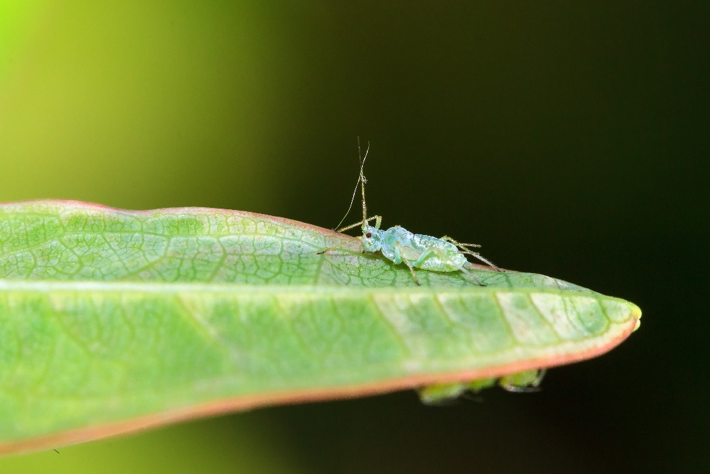
Oral delivery of nucleic acids for the purpose of cell transfection is an exciting new delivery method that could improve outcomes for DNA vaccination and gene therapy. It serves as a non-invasive application and makes the dosing process exponentially easier. This approach, however, is limited by the ability of gene-delivery vehicles to survive the harsh environmental attributes of digestive systems. From acidic pH levels to degrading enzymes, carriers must be able to transport their payload while protecting its integrity to achieve cellular uptake at desired locations.
Branched Amphipathic Peptide Capsules (BAPC) have been demonstrated to successfully transfect insect cells with dsRNA through oral application. The study sought to silence genes in pea aphids (Acyrthosiphon pisum) and red flour beetles (Tribolium castaneum), resulting in a lethal outcome. After ingesting the BAPC-complexed dsRNA, pea aphids died in 4-5 days. Aphids fed the same amount of dsRNA without BAPC took 11-12 days to die. For the red flour beetle, approximately 75% were killed through BAPC-delivered dsRNA. Feeding only dsRNA resulted in a death rate of less than 30%. These results show that BAPC dramatically improves the effectiveness of oral delivery of dsRNA.
When dsRNA is added to BAPC, they surround the cationic surface of the capsules to form compact clusters. BAPC stabilize added dsRNA and offer protection against any degradation, while enhancing their uptake by gut epithelial cells. Not only is dsRNA complexed with BAPC able to escape the gut, tissue analysis shows it’s able to accumulate in other areas throughout the body. These results show promise for improving further RNAi knockdown experiments in other insect species, especially those which are too small for microinjection.